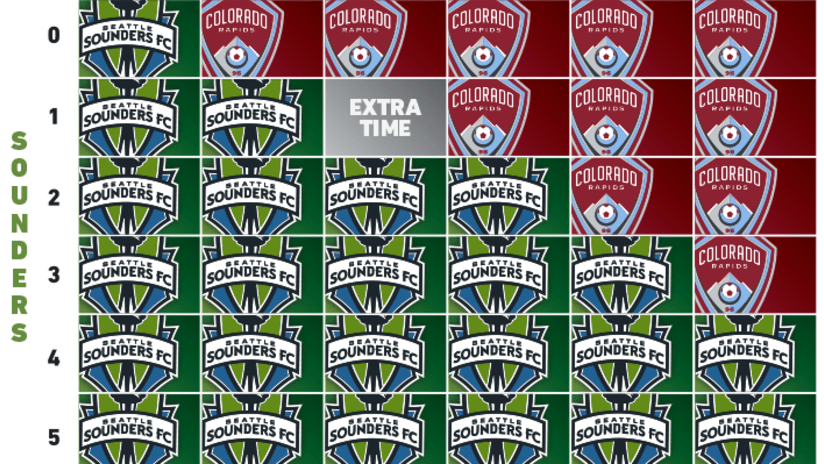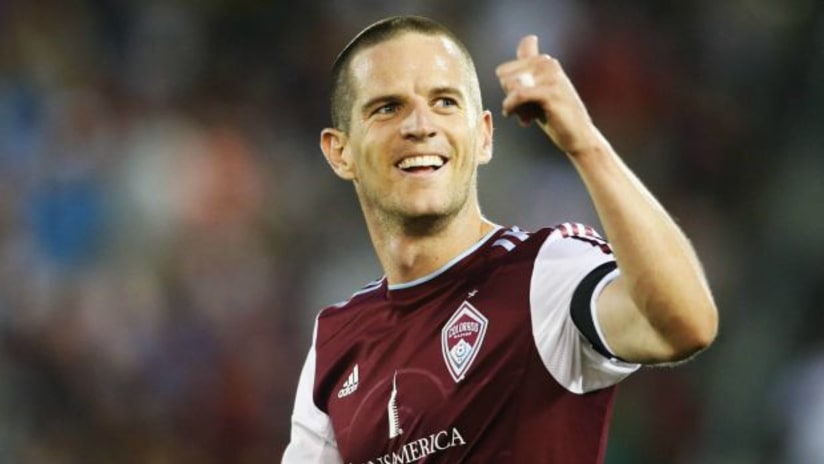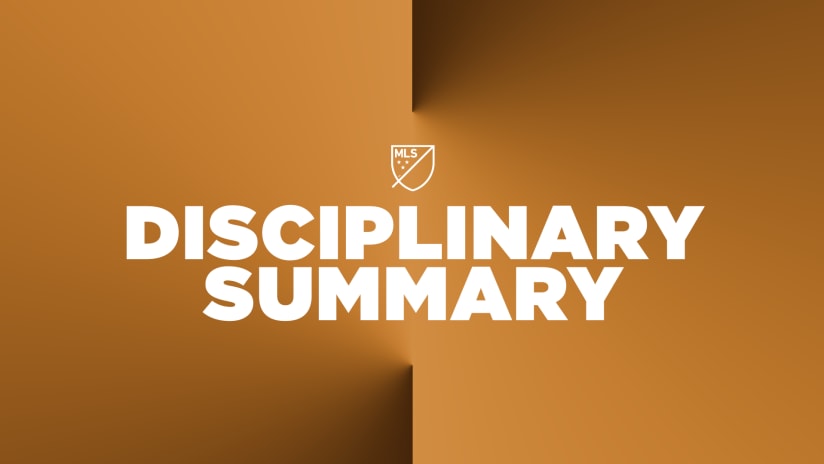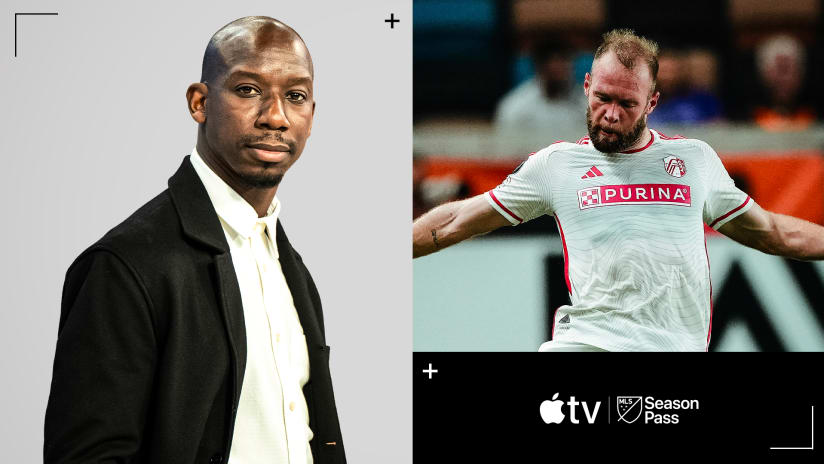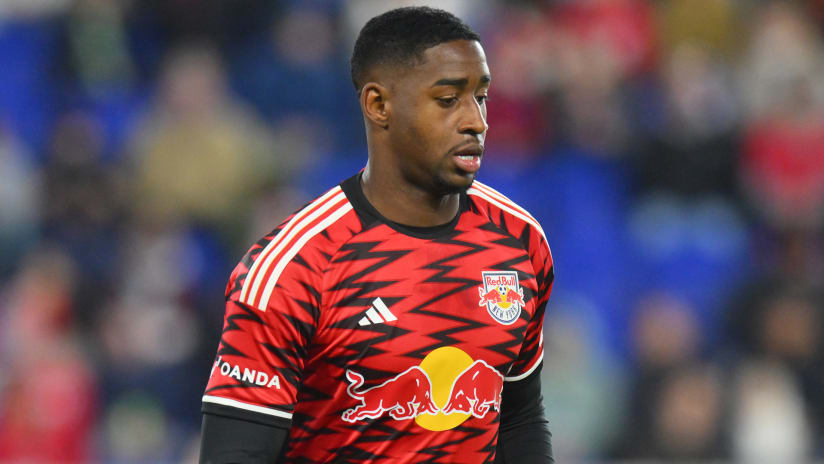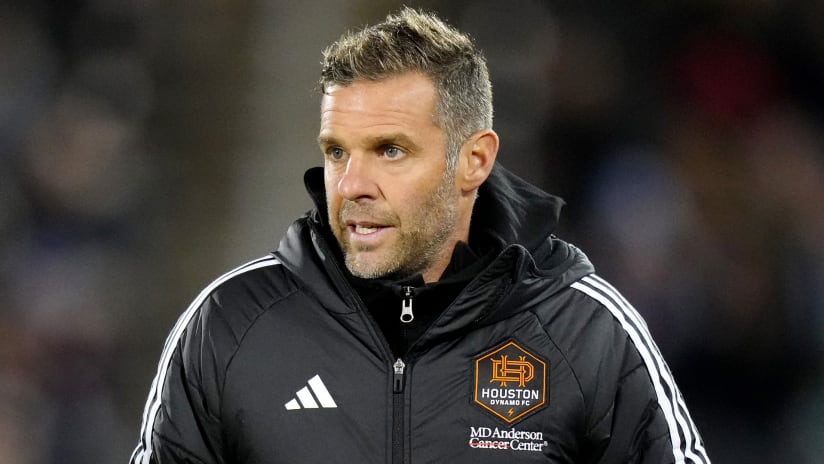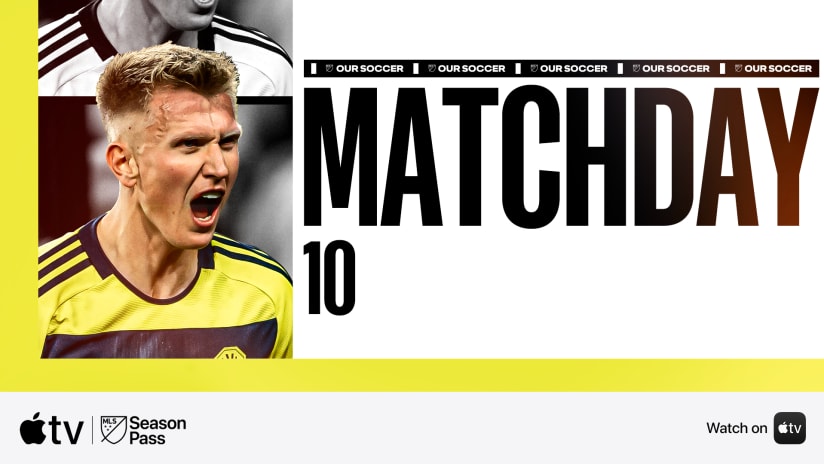COMMERCE CITY, Colo. – Left in the pits in back-to-back seasons in 2014 and 2015, the Colorado Rapids knew they would need new pieces to return to the postseason, and shortly after reiterating their faith in Pablo Mastroeni as manager a year ago, the team’s brass began hatching an offseason plan to build their roster into a contender.
“I think the first part of the game plan was just all of us getting together from the soccer side, led by myself, Pablo [Mastroeni], Paul Bravo, Padraig Smith, Claudio Lopez, Mitch Murray and Brian Crookham,” Rapids team president Tim Hinchey said. “The whole group, just making sure we wanted to continue the project. Part of the project was continuing to invest whatever it took to become successful in the project.”
Colorado would add two former Seattle Sounders Micheal Azira and Marco Pappa to begin the process, immediately adding depth to the squad and kicking off what UEFA financial man turned Rapids Sporting Director Padraig Smith referred to as “pragmatic approach” to the offseason.
“As a group, we knew what we wanted to do and achieve within the framework of what Pablo wanted on the field,” said Smith. “When we look at players, we break it down into: tactical, technical, physical, mental, and lifestyle.
“From the mental perspective, the ability to be consistent, the ability to show character, the ability to do things with a level of determination and grittiness that enables them to succeed, is hugely important for us.”
And so, long before supporter’s group Centennial 38 unveiled the now famous tifo, the Rapids technical staff began working diligently to establish the team’s “keep fighting” identity. December also saw Zac MacMath brought in on a permanent basis from Philadelphia via trade following his loan with the Rapids in 2015. Smith pointed to the MacMath move as pivotal in providing Colorado the financial flexibility to go after big name players.
“If you look at the value of the trade in terms of what we gave up to get Zac and what we got in return for Clint [Irwin], that then allowed us to go spend money elsewhere,” he explained.
Yet ironically, that big name would turn out to be another goalkeeper. Colorado moved to acquire the No. 1 spot in the allocation order during the SuperDraft, which the club utilized in the pursuit of Everton and US national team man Tim Howard.
Following the SuperDraft, Colorado looked to address the needs for a first team assistant and pace and depth at the fullback position, both of which Bravo highlighted at the end of 2015. They found that in the hiring of another club legend in John Spencer and the signing of Trinidad and Tobago international Mekeil Williams and the trade for Eric Miller from Montreal.
Additionally, Colorado looked determined to add a top level foreign attacker with reported links to Mexican internationals Carlos Vela and Alan Pulido. In the end, the Rapids opted to go the European route, announcing the discovery signing of Swiss-Albanian midfielder Shkelzen Gashi – two-time scoring champion in the Swiss top flight – from FC Basel in early February.
“Signing players of that level and that caliber is tricky,” Smith said of the process that took place last winter. “We had begun negotiations with Gashi before we moved on Pulido. They ran simultaneously. The Vela issue…that was more of a media concoction, rather than anything else.
“So our focus was on Pulido and Gashi. We did a lot of groundwork, a lot of background check and our due diligence on these players. In the end, we ended up with Gashi, which is something we’re very happy with.”
Even with their chips seemingly all in, Colorado continued to surprise, adding Jermaine Jones in a sign-and-trade deal to kick off March. Jones was joined by his USMNT teammate Howard at the opening of the summer transfer window, and the final piece was in place.
“We started this in preseason and obviously adding some new pieces in guys like Gashi and Marco and Jermaine and Tim, have been exponentially great for this group of guys,” said Mastroeni. “I think these guys really came into the preseason with a different mindset. A mindset of hunger, of belief, of proving everyone wrong and I think that is a powerful mechanism to grab a group of guys and achieve some things.”
The Rapids’ upward climb hasn’t simply boiled down to new faces, either. Increased output and contributions from young players like Axel Sjoberg, Marlon Hairston and Dominique Badji have also helped Colorado push the limits throughout an improved 2016.
Sjoberg has made his case as an MLS Defender of the Year candidate, more than doubling his minutes played on what has been arguably the best defense in the league this season. Hairston has likewise posted career bests in goals (3) and assists (6) as a catalyst to Colorado’s attack, also providing the pace that Bravo said the team lacked in 2015. In his second season, Badji has also had a career year, chipping in six goals on the year.
“We are a group that is on the rise and really pushing the boundaries of the group with guys coming in and coming out and playing a ton of minutes,” Mastroeni said back in October. “Guys on this roster are having the best seasons of their careers.”
In addition to the new pieces added, Mastroeni explained that the existing players on the roster built a sense of camaraderie and what he calls “psychological immunity” following the disappointing campaigns of seasons past.
“It’s guys like Sam [Cronin], Dillon Powers, Axel [Sjoberg] and Marc Burch, guys that have been here for a couple of years where I think the level of growth has been much greater,” he explained. “In other words, I think when you struggle through something together as group, it fortifies the mentality. I call it psychological immunity. You’re not scared to endure hardships anymore because you’ve been dragged through the mud as we were last year.”
Smith agreed, saying that while Colorado’s big name signings have been “absolutely undeniable” in helping the team achieve success, it’s the players further from the spotlight who have been equally deserving of credit.
“When you’re constrained with the salary cap, you have to start finding ‘value players’ that can then allow you to spend elsewhere,” he said. “These are all big components and you can’t win with four players in this league. I’m a big believer that soccer is a zero-sum game and that the incremental improvements you make on the lower end of your roster are every bit as important as the marginal improvements at the top.”
Despite having games yet to play in this year’s Audi MLS Cup Playoffs, Colorado’s front office is already working with eyes on the road ahead, in order to ensure that this season isn’t a one-off opportunity.
“You always want a couple of changes, but you don’t want to overhaul half your squad every year, like this club has in the past had to do,” Smith added. “That’s the key thing for us now, is really growing from this, using this as a foundation stone, and really putting into place the key components to make this a consistent playoff team, year in and year out.”


